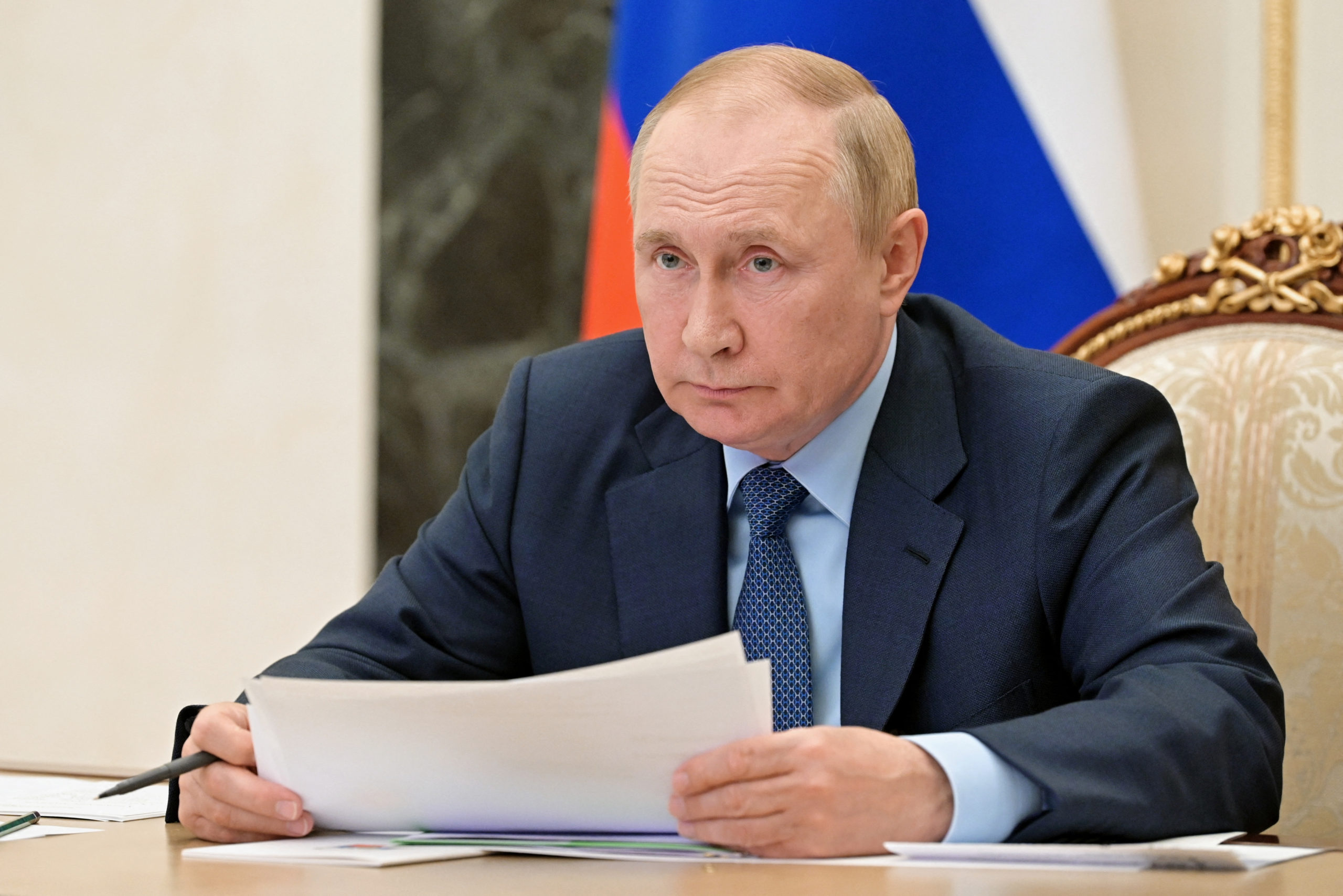With Secretary of State Marco Rubio suggesting the United States may soon reconsider its involvement in Ukraine peace efforts, Russian President Vladimir Putin announced a unilateral three-day ceasefire beginning May 8, urging Ukraine’s President Volodymyr Zelensky to agree. On Chicago’s Morning Answer, Dan Proft and Amy Jacobson turned to defense expert Steven Bucci for analysis of Putin’s maneuver — and the broader state of global security.
Bucci, a retired Army Special Forces officer and former top Pentagon official, cast serious doubt on Putin’s sincerity. “He’s just playing with people’s heads,” Bucci said, noting that Putin has a history of agreeing to ceasefires and continuing to attack throughout them. “He’s not a good faith partner,” Bucci added, comparing Putin unfavorably to even the Iranian regime when it comes to negotiating credibility.
According to Bucci, Putin’s ceasefire offer is designed to slow international momentum toward supporting Ukraine at a critical moment. Following Trump’s meeting with Zelensky before the funeral of Pope Francis, and Rubio’s comments over the weekend that peace talks were progressing but at a critical juncture, Putin’s move appears intended to keep negotiations alive without making real concessions.
Adding to the skepticism, Russian Foreign Minister Sergey Lavrov appeared on CBS’s Face the Nation, repeating Moscow’s long-held propaganda points. Lavrov claimed that past ceasefires were broken by Ukraine, not Russia, and demanded that Western arms shipments to Ukraine end. Bucci dismissed Lavrov’s narrative, calling it “ludicrous” and emblematic of Russia’s strategy to muddy the waters.
Pressed on what the Trump administration’s next steps should be, Bucci argued that the U.S. needs to respond with measures that carry real consequences. He suggested secondary market sanctions on Russia and urged the administration to exert serious economic pressure. “Trump is the only one right now who can call Putin’s bluff,” he said.
The conversation also turned to another pressing issue: the state of the Pentagon under Secretary of Defense Pete Hegseth. Amid reports of staff firings and internal chaos at the Department of Defense, Bucci offered a nuanced view. While he praised Hegseth for refocusing the military away from divisive DEI (diversity, equity, and inclusion) initiatives and toward military readiness, he acknowledged that Hegseth’s handling of staffing issues has been less than ideal.
Bucci argued that while the media is inflating the situation to hurt the Trump administration, Hegseth must also shoulder responsibility for not managing the internal politics better. “It’s OK to fire people if they’re not working out,” Bucci said, but warned that Hegseth needs to demonstrate bureaucratic maturity to lead effectively.
In sum, Bucci painted a picture of a global stage where real leadership and strategic pressure are needed to confront adversaries like Putin—and a domestic arena where tough reforms must be balanced with operational competence. As the Trump administration navigates both, the coming weeks could prove pivotal for U.S. foreign policy and military leadership alike.





